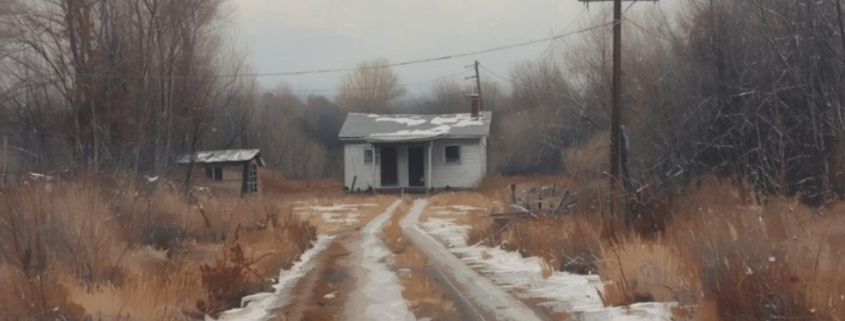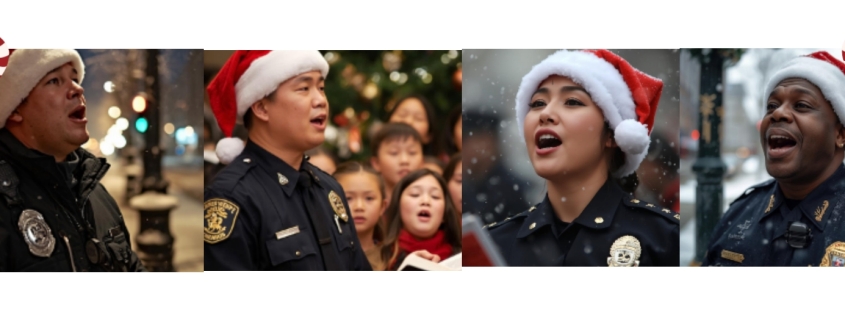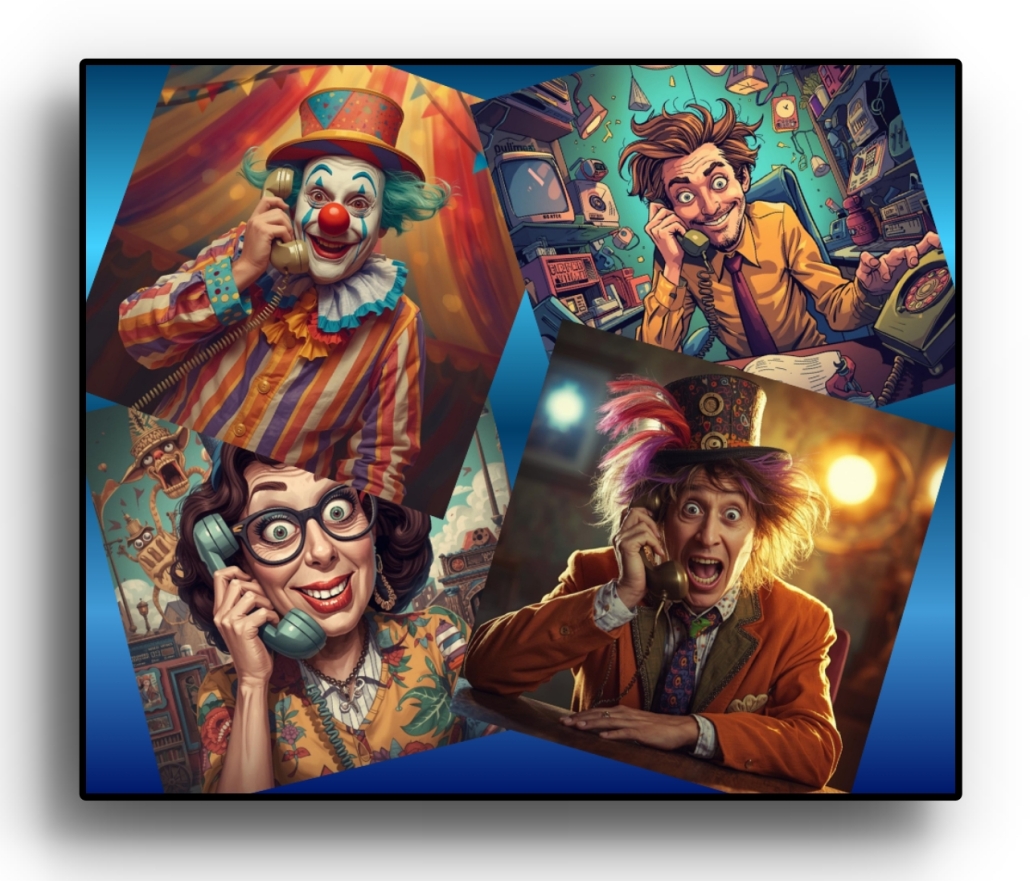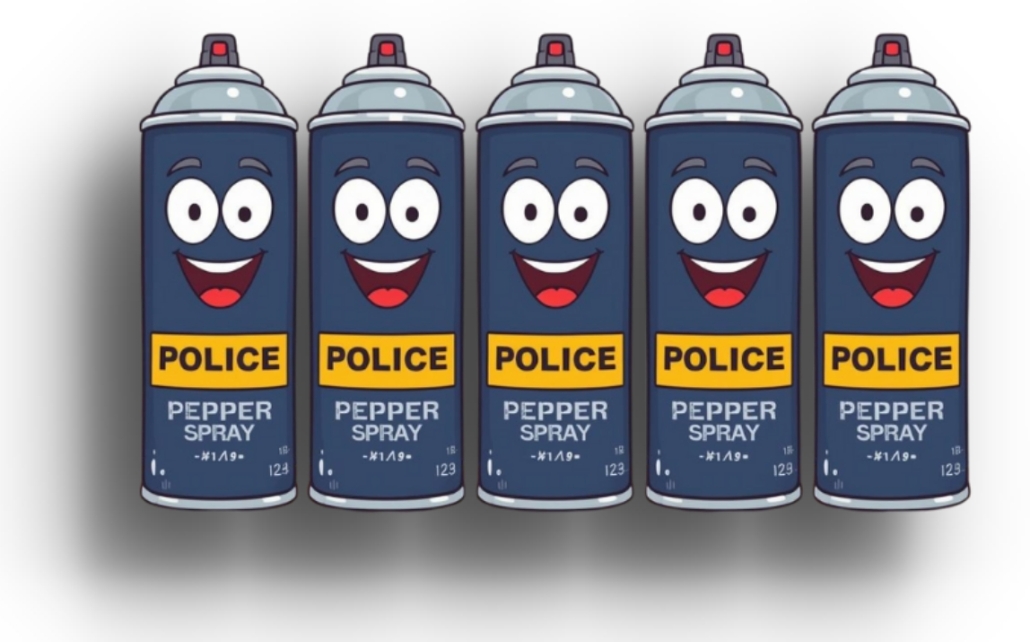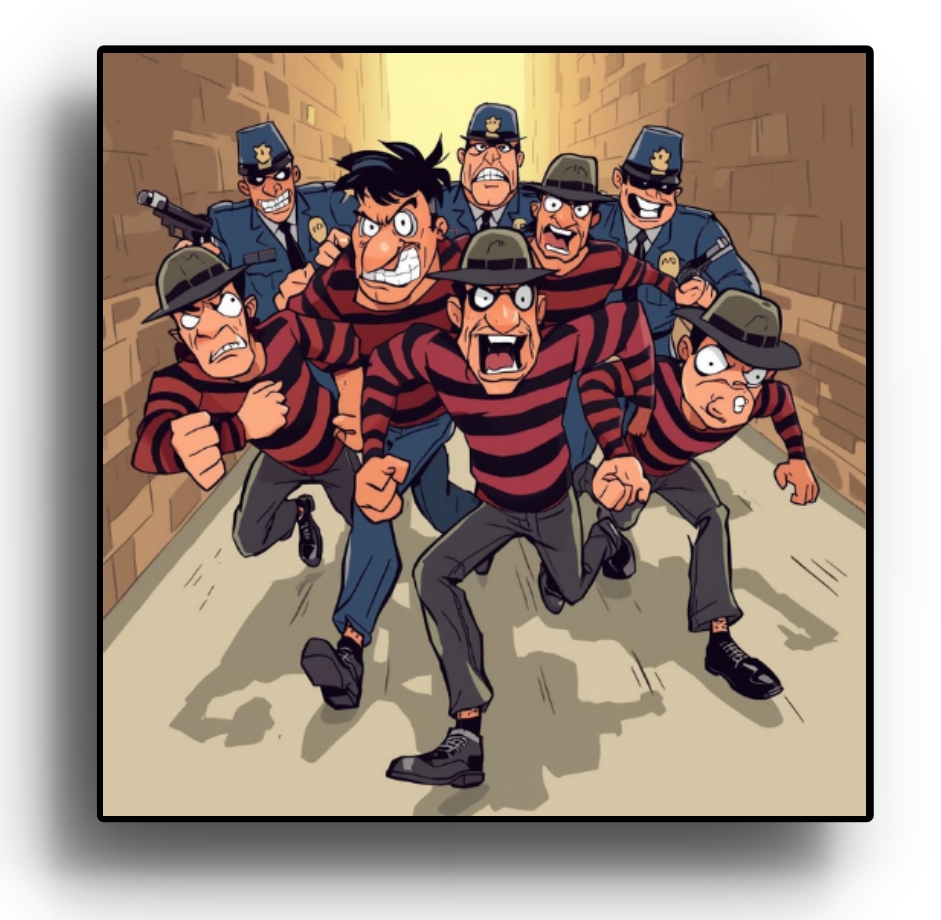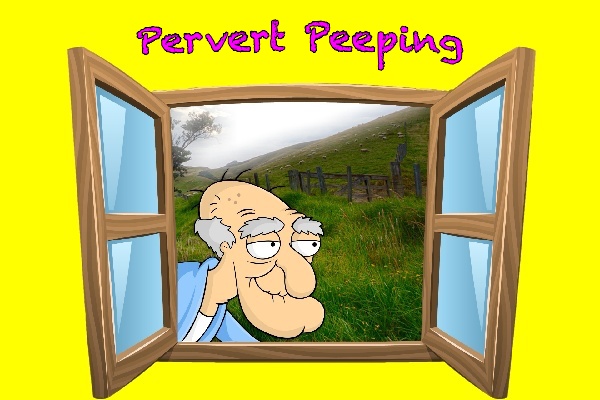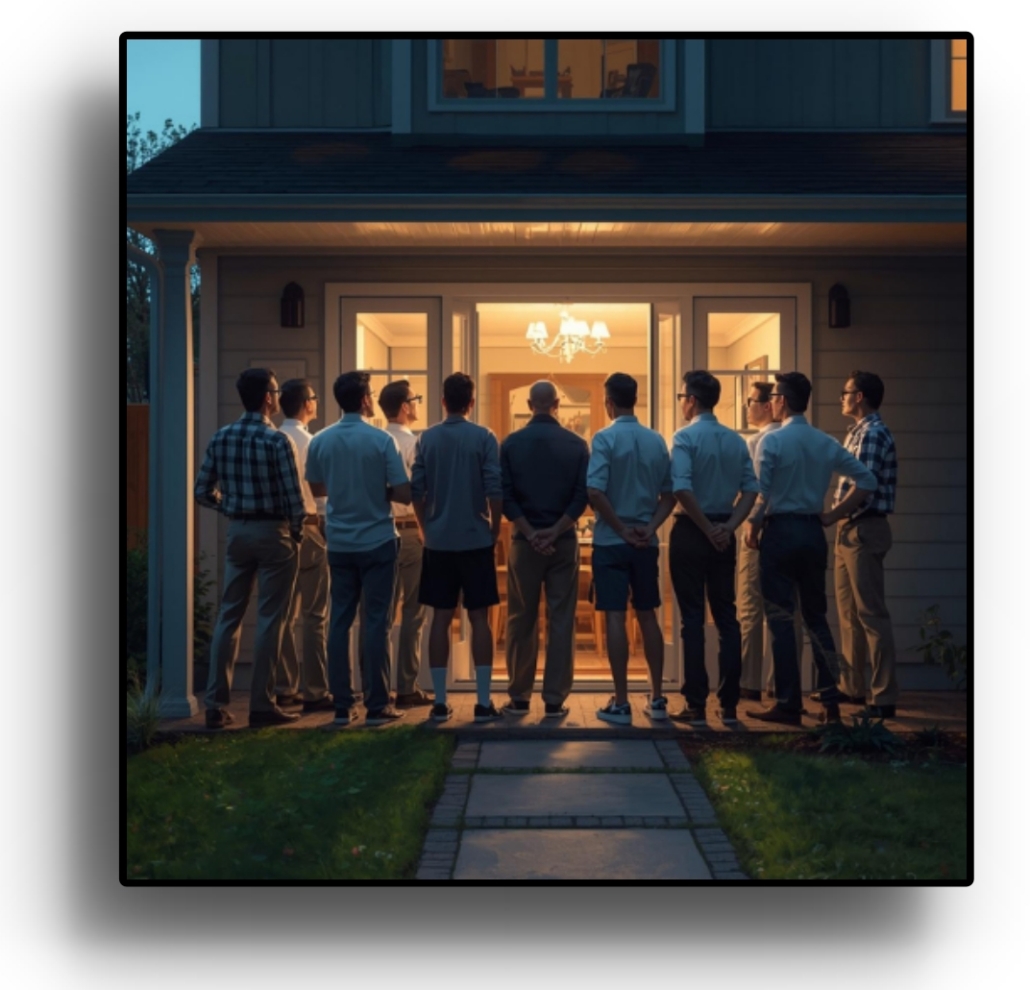The call—a child in need of services.
What I found was a child in need of love.
His tired old house squatted at the end of a hard-packed red clay path like something that had crawled there to die. The long driveway was nothing more than two well-worn ruts separated by a strip of dead weeds. It was flanked by Johnson grass gone to seed, old tires, scraps of paper and soggy boxes that had once held microwave dinners, and a few plastic Piggly Wiggly bags snagged on blackberry thorns.
The structure, itself a notch below “shack status,” reeked of poverty, evidenced by mismatched clapboards covering the frame in a patchwork that spoke of salvage yards and debris piles. Each board a different shade of gray or brown, tar paper curling back from the edges like burnt skin, and the roof covered with tin sheets the color of dried blood hammered down with roofing nails that had already begun their slow rust-journey back to the earth. Underneath it all, plywood gone black from years of rain pouring through vacant nail holes and splits in the metal and termite infested cladding.
The walls leaned in ways that defied geometry, each corner refusing to meet at ninety degrees. No concrete footings and that it was obvious that the place had not seen the use of a framing square or a carpenter’s level were clear signs that no building inspector had ever set eyes on the place. The whole thing canted slightly to the east like it was trying to gently ease its tired frame to its knees for a long overdue rest.
Various bits of litter dotted the dirt yard—old and weather-damaged lottery tickets, sun-faded condom wrappers and empty fast-food containers, and numerous bits of aluminum foil and thumb-size zip lock bags, packaging used to contain crack cocaine and other drugs. A waist-high pile of empty beer cans and liquor bottles was the centerpiece of the backyard. Near the woods at the rear of the property, the collapsed remains of what used to be a doghouse lay in a shallow, ice-crusted puddle of brown water.
Four white cinder blocks, spray-painted like someone had tried to give the place dignity, served as a front stoop. The front door had no knob or lock, just a curved metal handle worn slick from years of pulling and pushing. A brick propped against the bottom held it closed. Someone, I’m not sure who, “locked it” when they left.
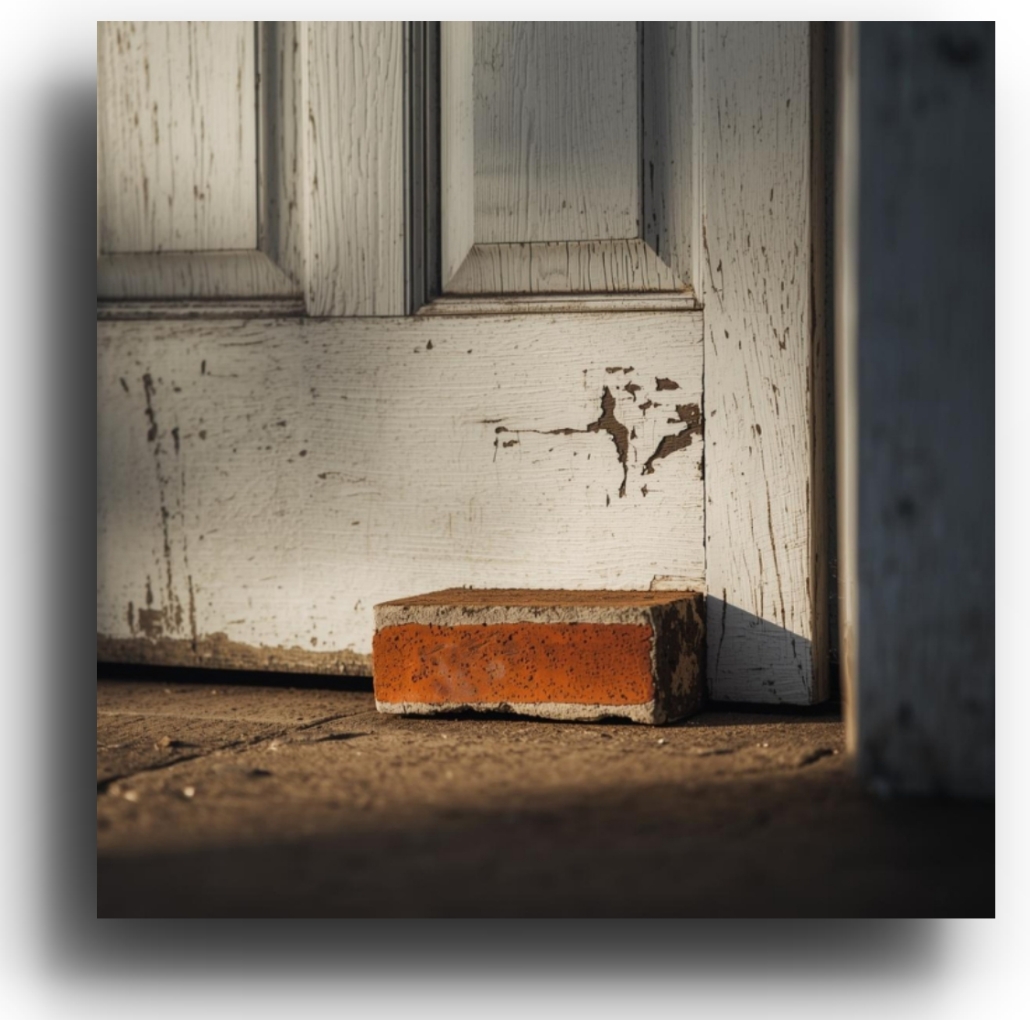
I knocked.
“Come in,” a little voice said.
I used the toe of my boot to push the brick to one side.
It was just days before Christmas.
There was no tree.
No presents.
No food.
No running water.
No cabinets. No stove.
No refrigerator. No beds.
No drywall. No insulation.
Just bare studs and crooked rafters.
And cold.
Lots of cold.
A small dented and soot-caked kerosene heater fought a losing battle against a brutal December evening. Two re-purposed milk jugs used for holding fuel sat near the splintered front door. Both empty. The heater’s gauge rested at one click above E. The weak orange flame destined to fade away.
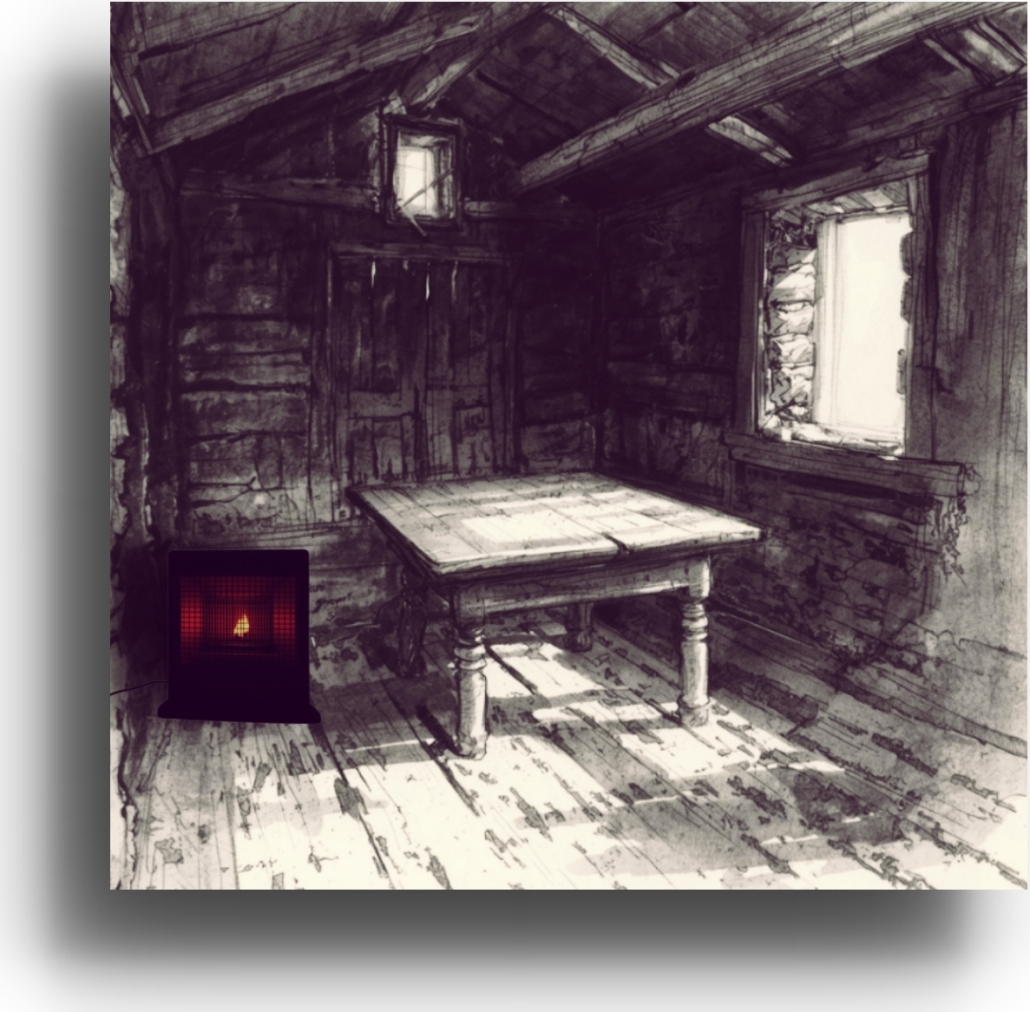
The temperature outside was 20, and dropping. The wind persistently forced its way through cracks and holes in the walls, floor, and gaps around the door and windows.
The place was not much more than a garden shed cobbled together from scrap wood and discarded “whatevers.”
A tattered blanket and two patchwork quilts. Threadbare and slick from wear.
No winter coats. No hats, nor gloves.
Dirty window panes.
One missing, a square of cardboard in its place.
Dish towel curtains.
A hardware store calendar, two years old, hung on a dingy wall.
A cooler with no lid.
Mom, passed out on the floor.
A whiskey bottle, its contents long gone.
A pipe for crack smoking.
“Mama says daddy will come home … someday.”
A dog. Three stubby legs, All ribs and backbone.
Sad eyes and broken spirit.
The floor, bare.
No rugs, no toys.
A table.
Two chairs.
A book.
Three sheets of paper.
The boy, writing.
Cigarettes.
A saucer for ashes, overflowing with discarded butts.
A deck of ragged playing cards.
Roaches. Scurrying up, down, there and here.
Mouse. Unafraid.
A squalling baby. Covered with a yellowed hotel bath towel.
The bugs, they’re there, too.
The stench.
A tin lard bucket in the corner.
A checkered cloth on top.
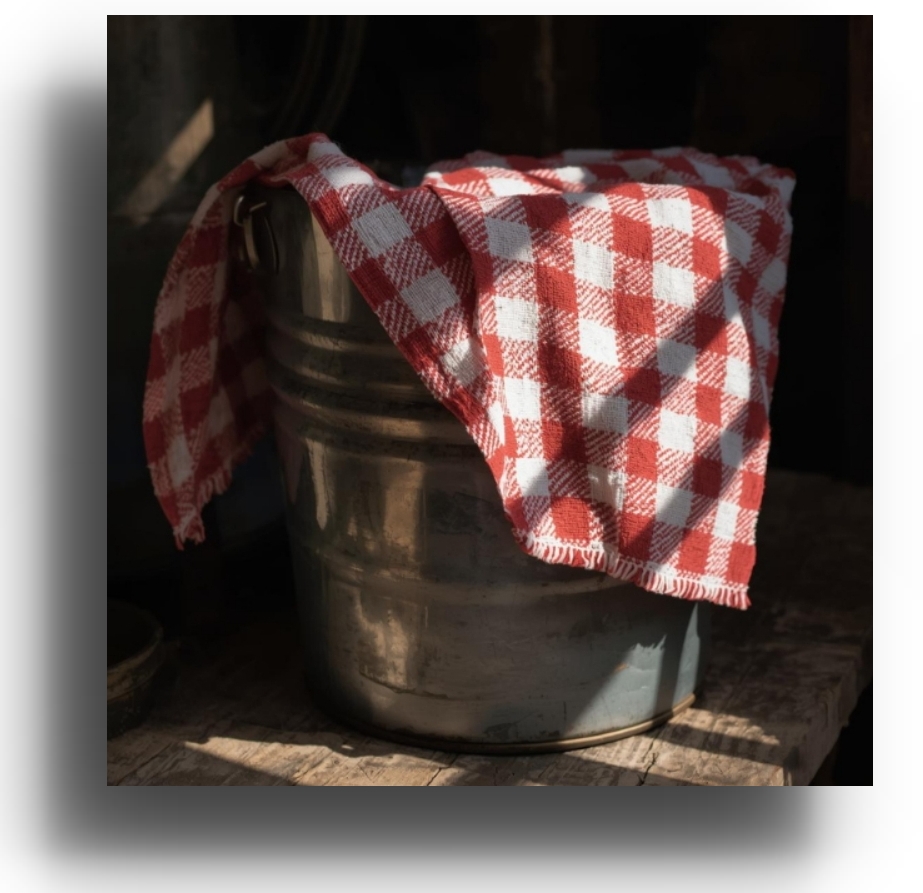
A half-empty roll of Scotts.
The only bathroom indoors.
“You writing a letter?”
A nod.
“To your Dad?”
“No, to Santa.”
“Mind if I have look?”
He held it up for me to see.
“Your handwriting is very nice.”
A smile.
“Dear Santa,
Don’t worry about the bicycle I asked for.
Or the Tonka trucks and new coat.
And I don’t even like video games anymore.
Or videos and toy trains.
I’m too big for those things now.
‘Sides, some men came and took the TV. Said Mama couldn’t pay for it no more. The ‘lectric neither.
What I’d really like is a warm blanket for my brother. He needs some milk too. And some medicine to make his fever go away. And could you help my Mom some? She needs to stop drinking and smoking. I wish you could make those men leave her alone too. They get all lickered up and hit her and do things to her that make her cry. Maybe you could bring my mom a coat for Christmas this year. She don’t have one and she gets cold when she walks down the street to get her cigarettes and that other stuff she smokes.
And if you don’t mind too much could you bring my daddy something to eat. He don’t never have no money. And if you see God while you’re up there flying around please tell him to say hi to my baby sister. And ask him to tell her I’m sorry I couldn’t make Mama wake up and take her to the hospital. If you can do all that, don’t worry about bringing me nothing. I’d like that just fine.”
Your friend,
Jimmy Lee Bailey
*Jimmy Lee Bailey was definitely in need of love. So, after medical care for his mom and when Christmas morning rolled around, he got his truck, a bicycle, and a new coat. He also enjoyed a nice meal before moving to his new home. All courtesy of his new friends, the officers who patrolled the graveyard shift.


